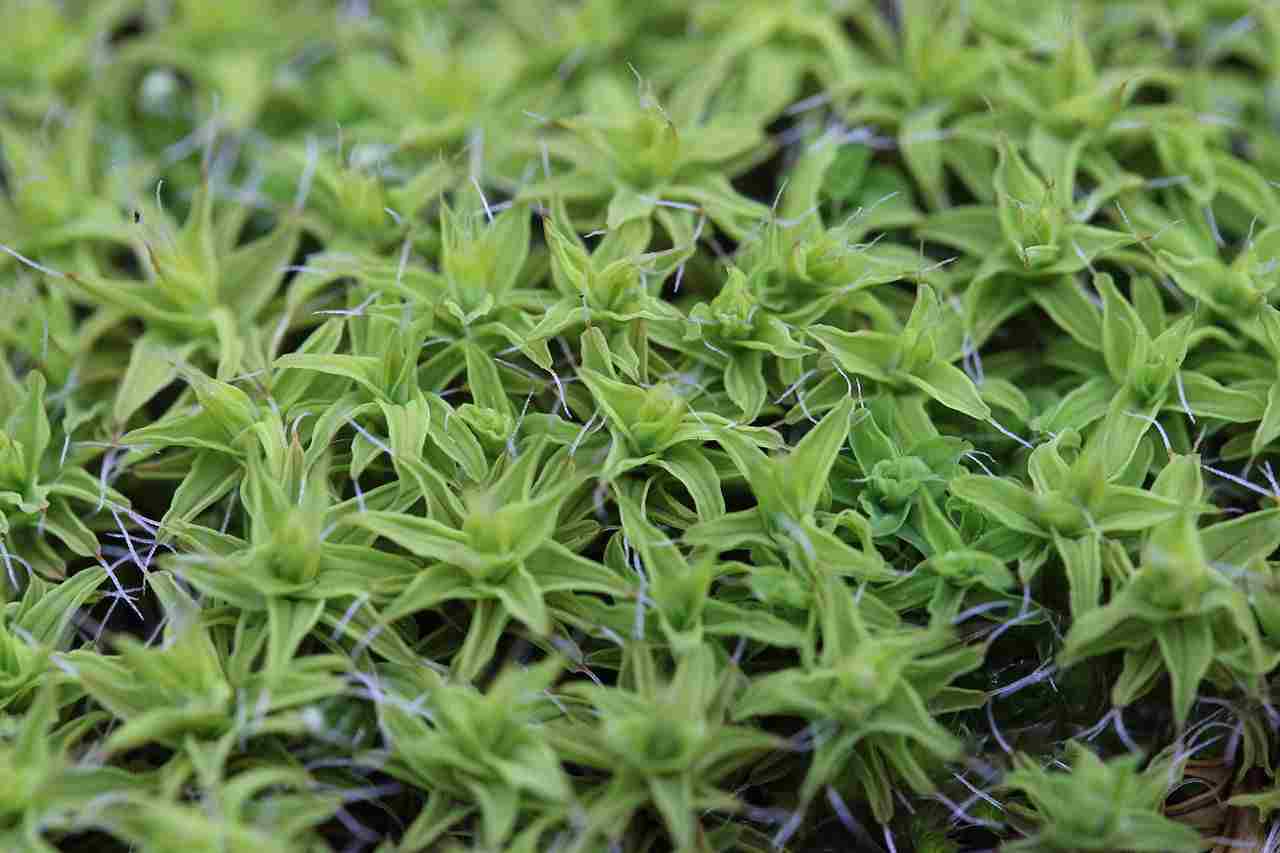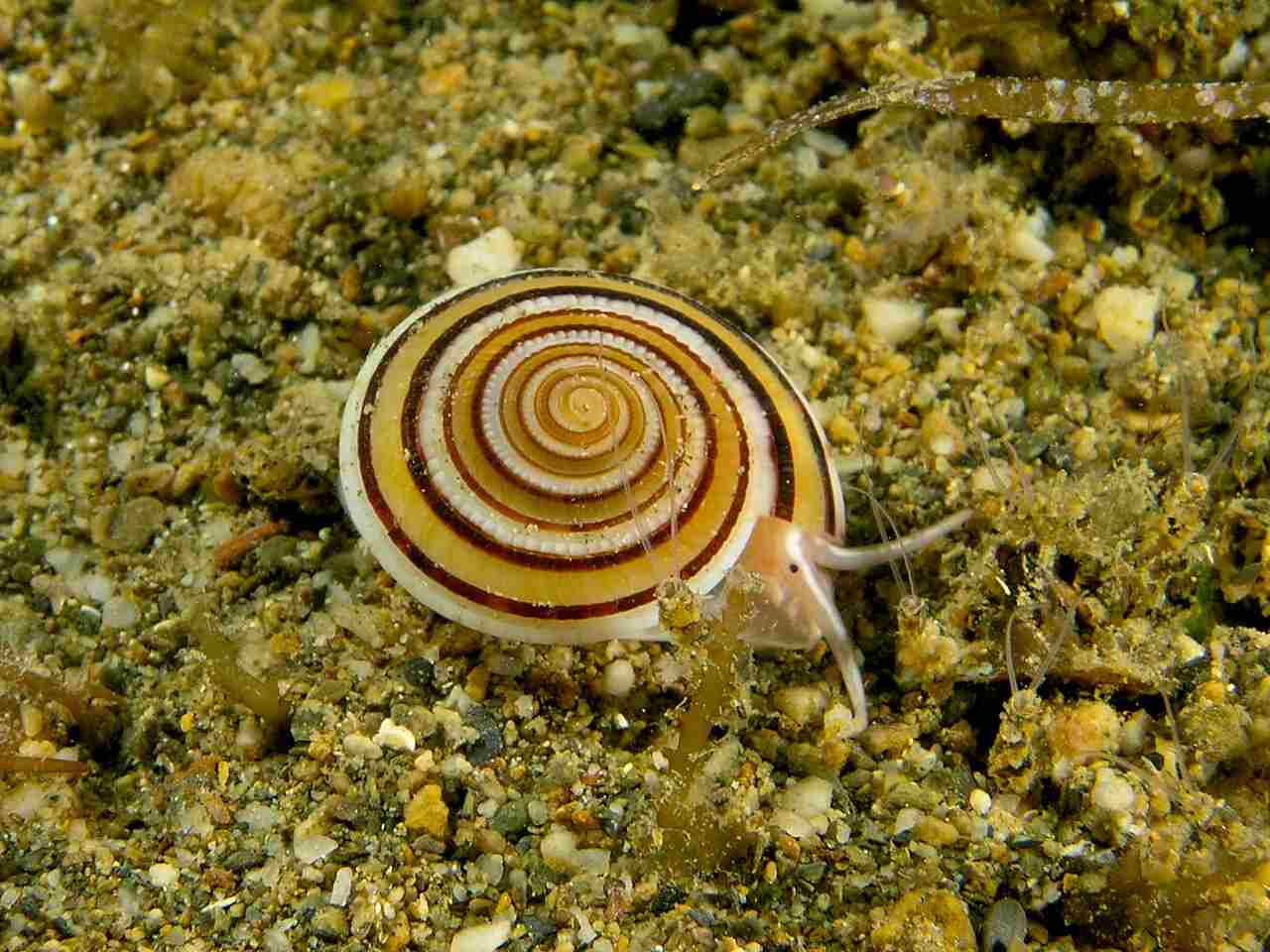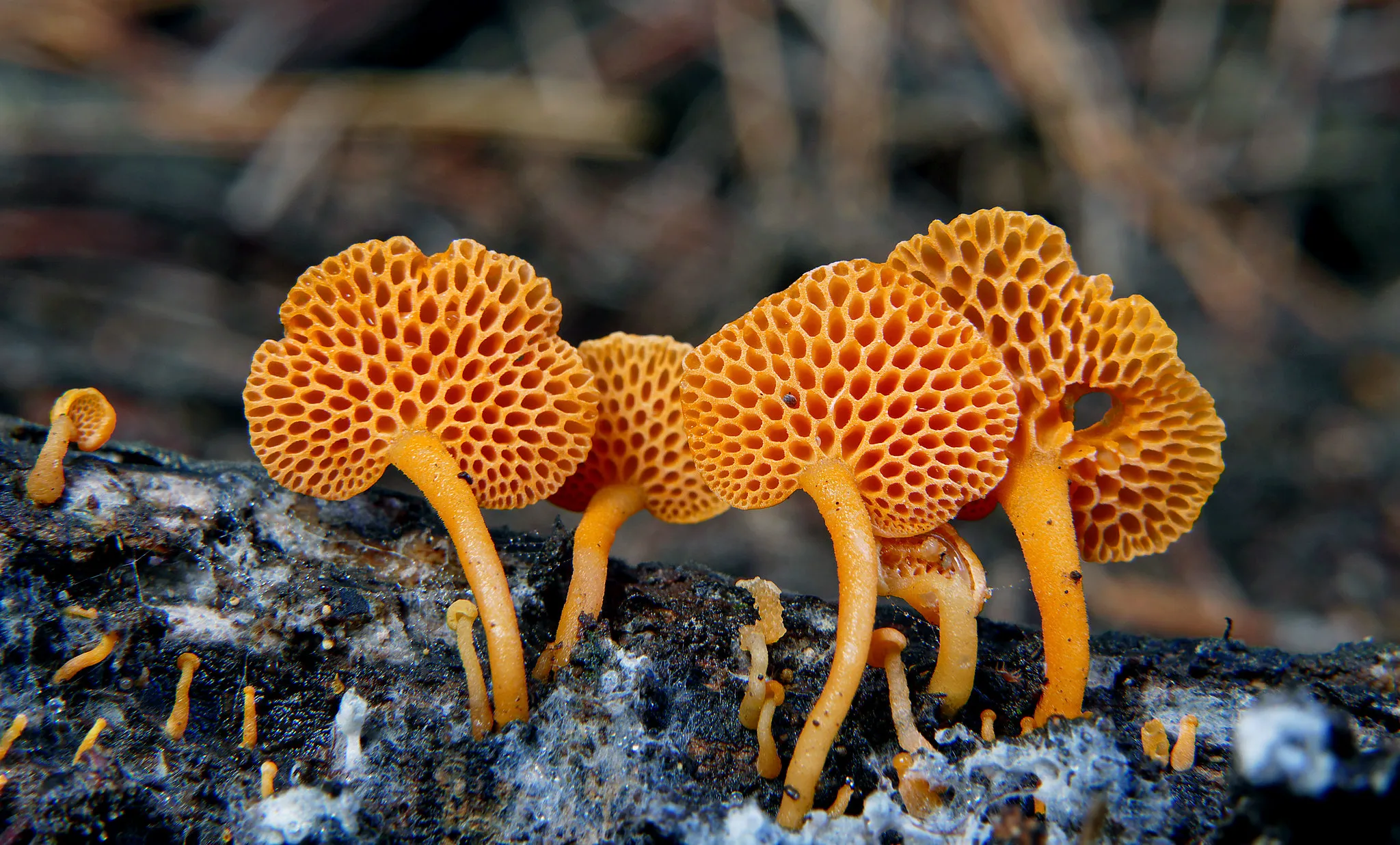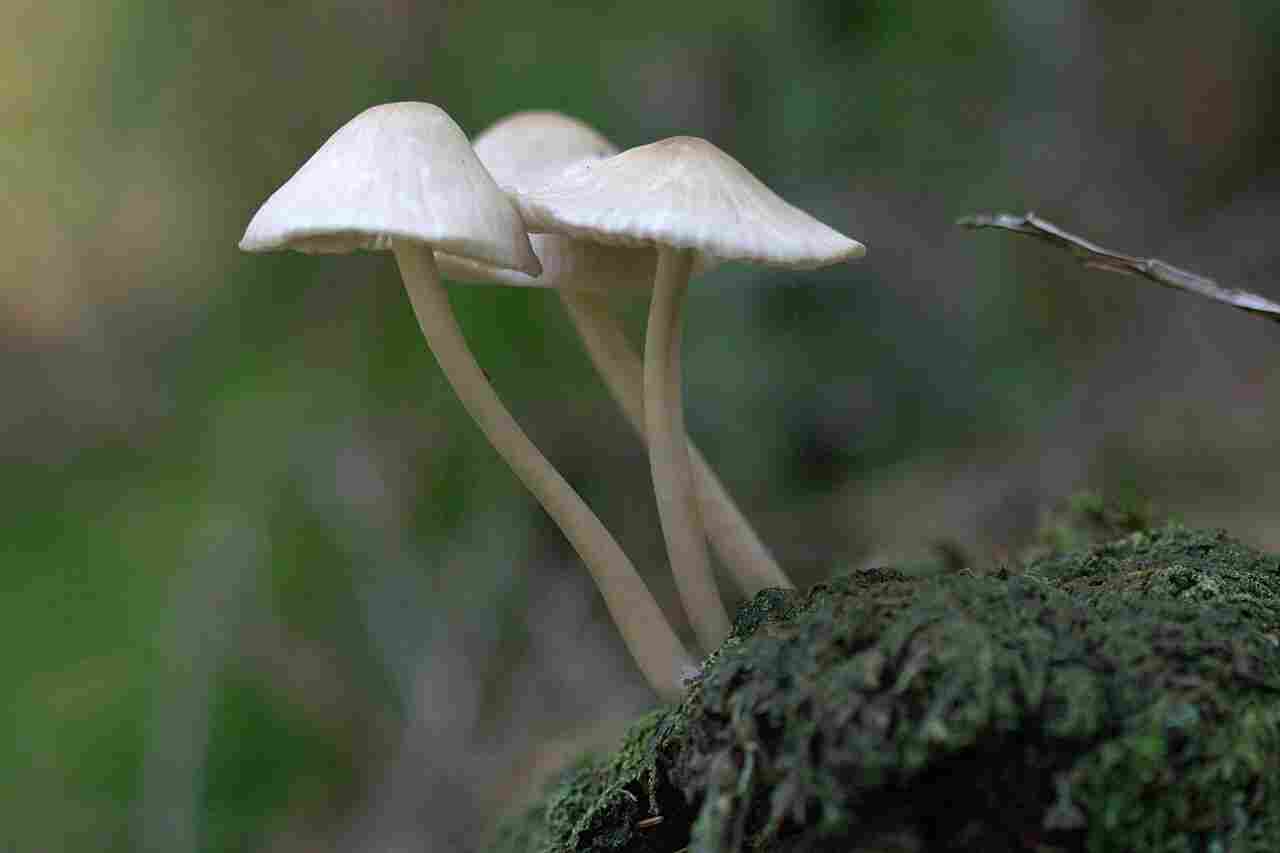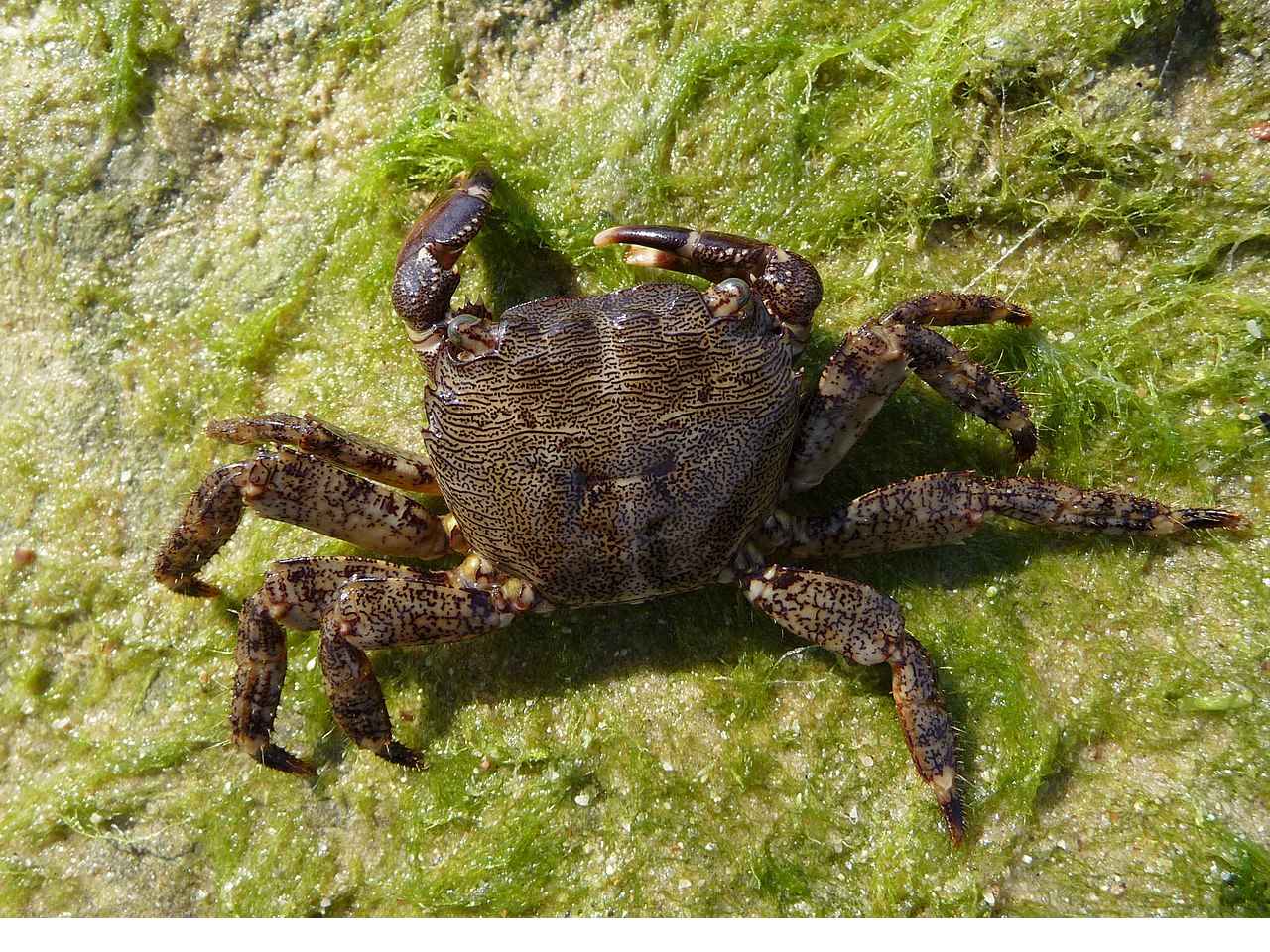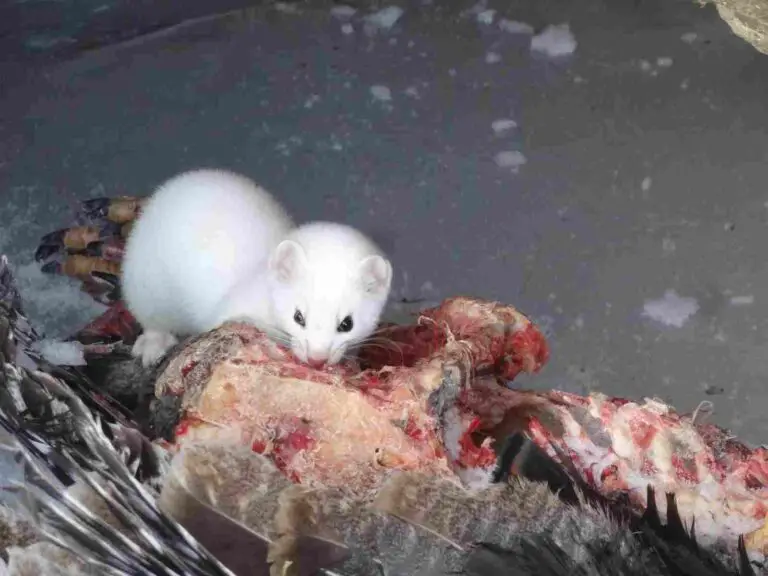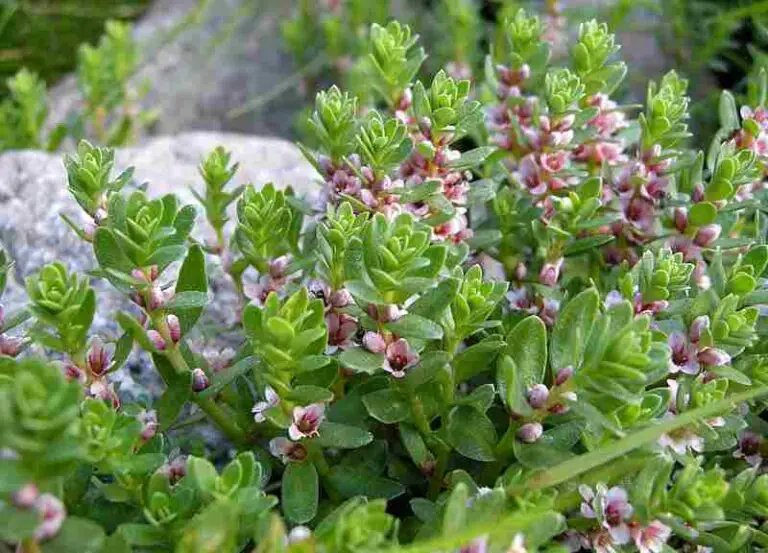Is Algae a Decomposer? Appraisal of Algae as Potential Decomposers
Algae, often mistaken for decomposers, play a different role in ecosystems. Algae are not decomposers themselves but contribute to the decomposition process indirectly.
Reasons Why Algae are Not Decomposers
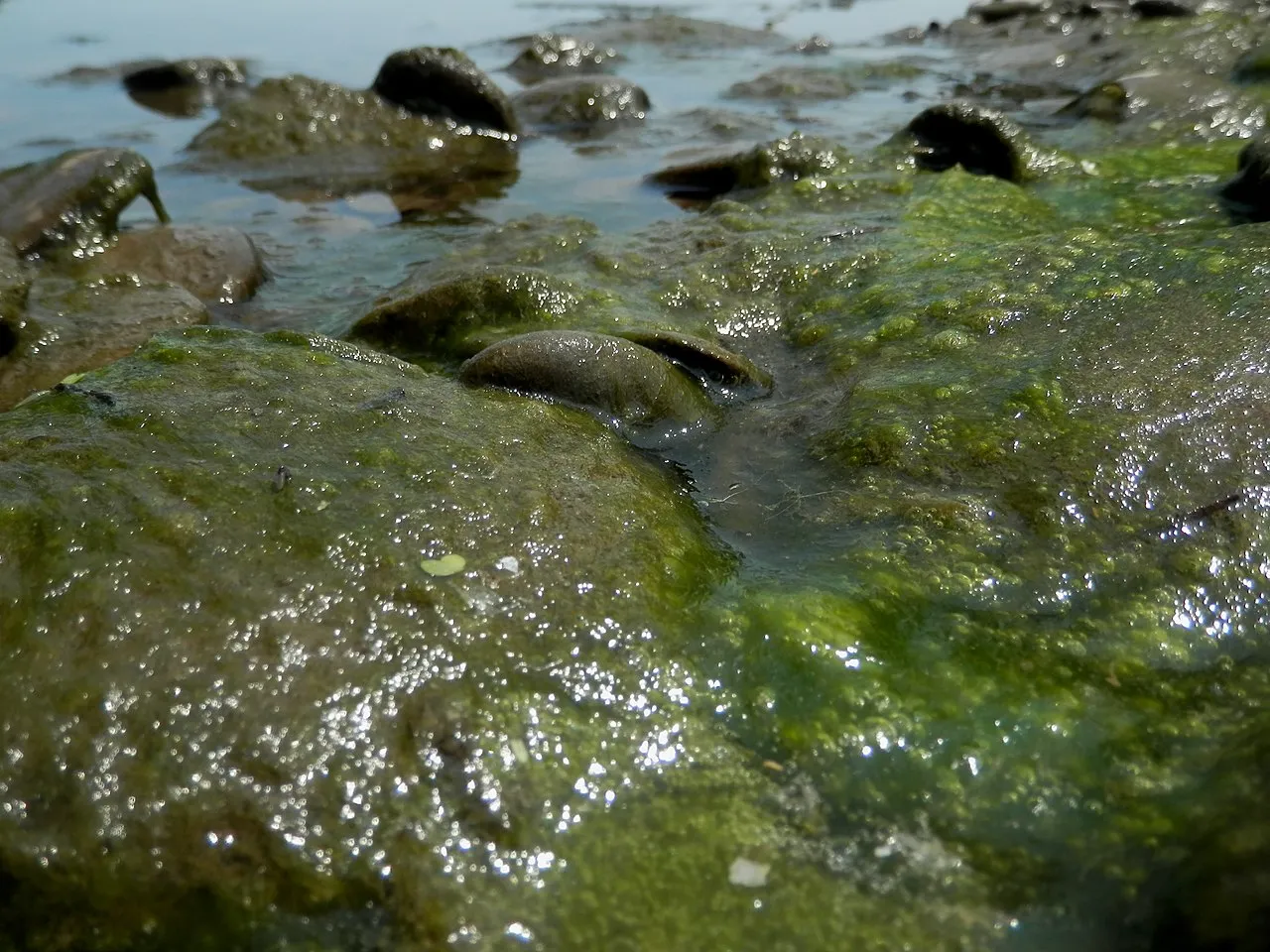
-
Algae primarily engage in photosynthesis, utilizing sunlight to produce energy, unlike decomposers that break down organic matter for energy.
-
Decomposers, such as bacteria and fungi, specialize in breaking down dead organic material, while algae focus on converting sunlight and nutrients into biomass.
-
Algae lack the enzymes necessary to decompose complex organic molecules, a characteristic essential for decomposers.
-
Instead of decomposing organic matter, algae release oxygen during photosynthesis, supporting other organisms in the ecosystem.
-
While algae do not directly decompose organic material, their biomass can become food for decomposers after death, contributing to the decomposition cycle indirectly.
How Algae Contribute to the Decomposition Process
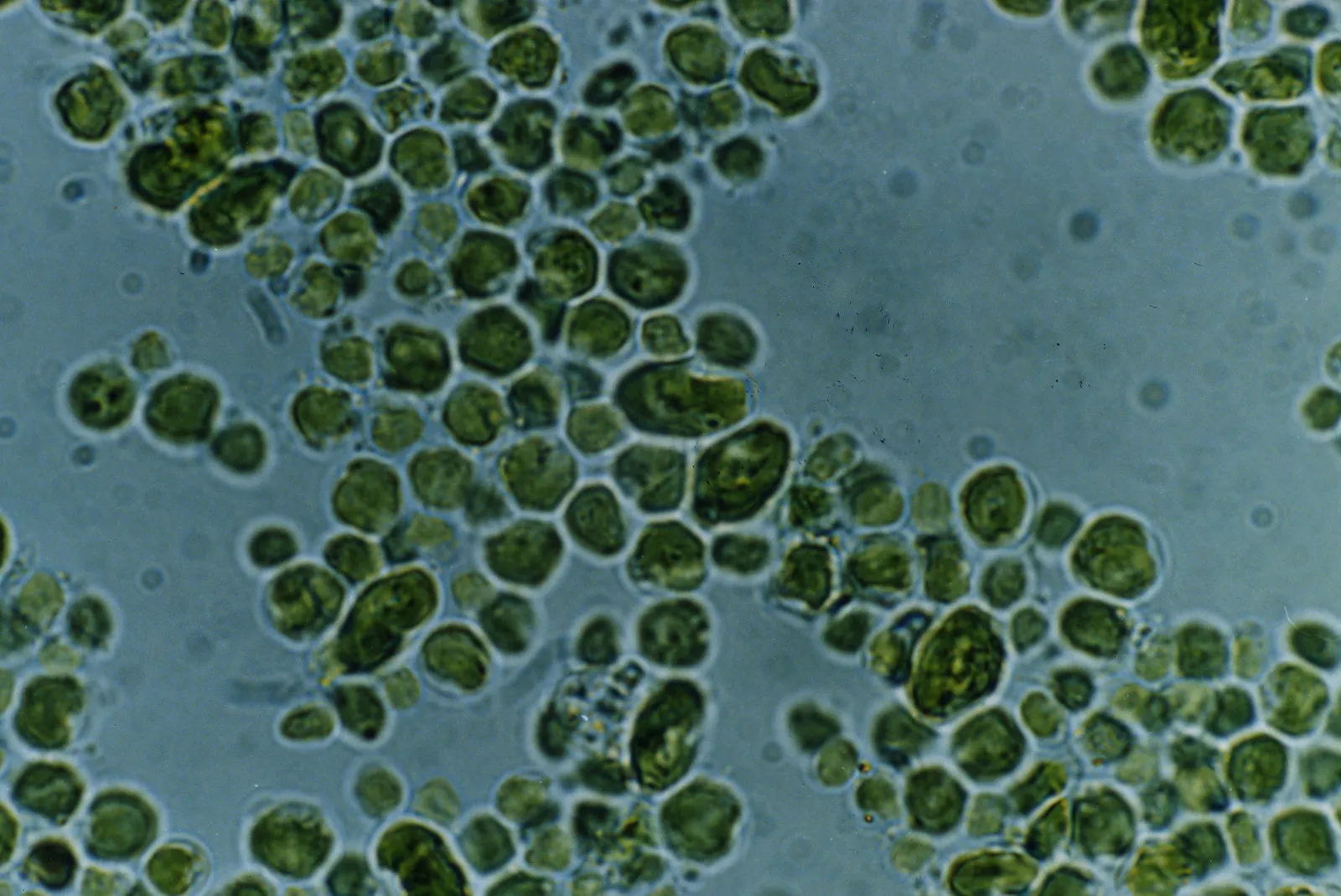
-
Algae contribute to the decomposition process by providing organic material upon death, which becomes food for decomposers like bacteria and fungi.
-
When algae die, their biomass sinks to the bottom of aquatic ecosystems, where decomposers break them down, releasing nutrients back into the environment.
-
Algal blooms, often fueled by excessive nutrient input, can lead to massive die-offs. These dead algae provide a substantial influx of organic material for decomposers, accelerating the decomposition process.
-
Some species of algae produce toxins that can harm other organisms in the ecosystem, but when these algae die, their toxins can be broken down by specialized decomposers, mitigating their impact on the environment.
Ecological Functions of Algae
-
Algae serve as primary producers in aquatic ecosystems, synthesizing organic compounds from sunlight and nutrients through photosynthesis.
-
They play a crucial role in the food web, providing energy and nutrients to various organisms, including herbivores, filter feeders, and predators.
-
Algae help regulate nutrient cycles by absorbing excess nutrients like nitrogen and phosphorus, thus preventing eutrophication and maintaining water quality.
-
Some algae species produce oxygen as a byproduct of photosynthesis, contributing to the oxygenation of aquatic environments and supporting aerobic life forms.
-
Additionally, algae provide habitat and shelter for numerous aquatic organisms, including microorganisms, invertebrates, and small fish, enhancing biodiversity in ecosystems.
Are Algae Producers, Consumers, or Decomposers?
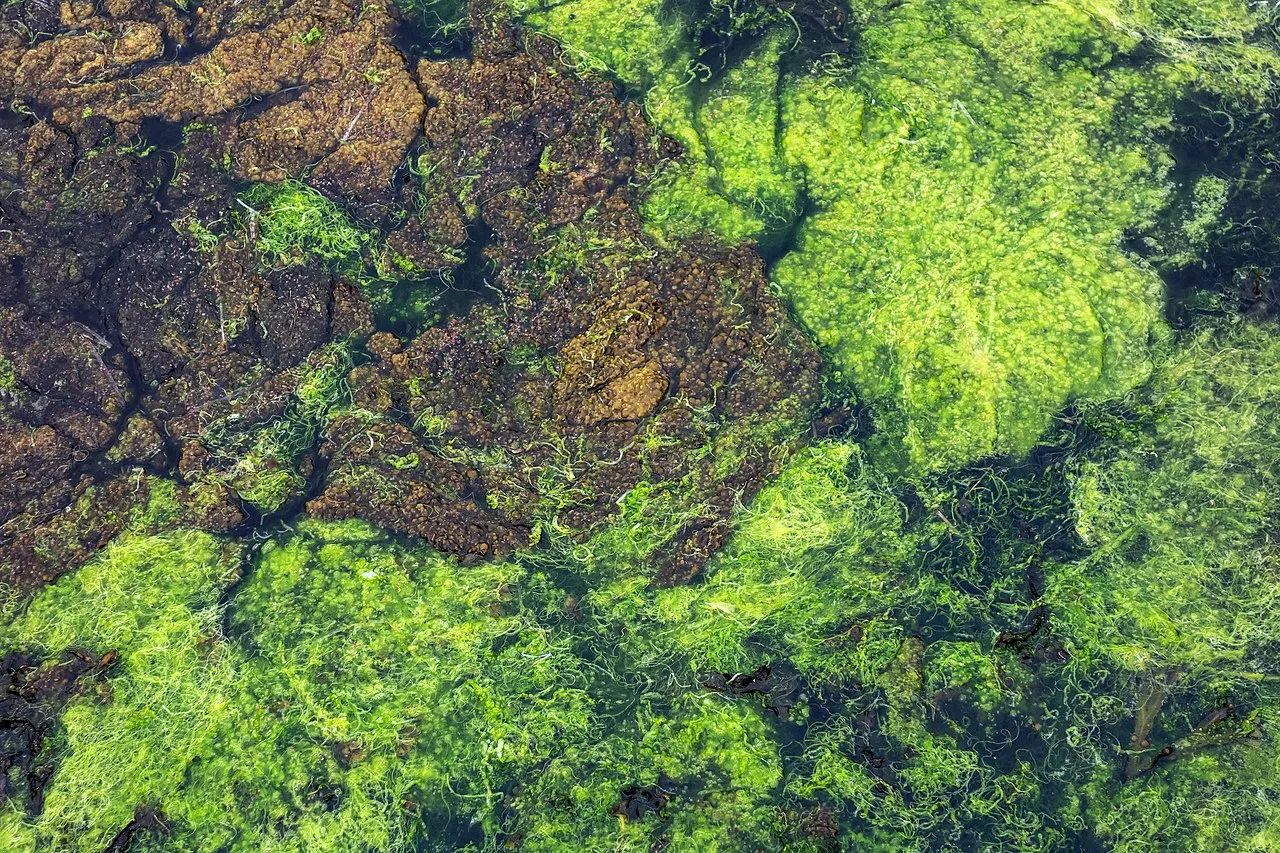
Algae primarily function as producers in ecosystems, utilizing photosynthesis to convert sunlight and nutrients into organic matter. While they are not decomposers themselves, algae contribute indirectly to the decomposition process by providing organic material upon death. Therefore, algae are classified as primary producers rather than consumers or decomposers.
Examples of Decomposers in Aquatic Ecosystems
-
Bacteria: Various species of bacteria, including aerobic and anaerobic types, play a crucial role in breaking down organic matter in aquatic environments.
-
Fungi: Aquatic fungi, such as water molds and decomposer fungi, contribute to the decomposition of organic material, including dead algae and plant matter.
-
Protozoa: Certain protozoa species, such as ciliates and amoebas, feed on organic debris and contribute to the breakdown of dead organisms in aquatic ecosystems.
-
Detritivorous Invertebrates: Aquatic invertebrates like worms, insect larvae, and crustaceans consume decaying organic matter, further fragmenting it and facilitating decomposition.
-
Crustaceans: Some crustaceans, such as amphipods and copepods, feed on detritus and contribute to the decomposition process by breaking down organic material into smaller particles.
*Summary
- Algae are not decomposers but contribute indirectly to decomposition through their biomass.
- They primarily engage in photosynthesis, producing energy rather than breaking down organic matter.
- Upon death, algae provide organic material for decomposers like bacteria and fungi.
- Algae serve as primary producers in aquatic ecosystems, supporting food webs and nutrient cycles.
- Examples of decomposers in aquatic ecosystems include bacteria, fungi, protozoa, detritivorous invertebrates, and crustaceans.
| Topic | Summary |
| Algae’s Role in Decomposition |
Algae contribute indirectly to decomposition by providing organic material upon death.
|
| Algae’s Primary Function |
Algae primarily engage in photosynthesis, producing energy rather than breaking down organic matter.
|
| Contribution to Decomposition Process |
Upon death, algae’s biomass becomes food for decomposers like bacteria and fungi, facilitating the decomposition process.
|
| Ecological Functions of Algae |
Algae serve as primary producers, supporting food webs, regulating nutrient cycles, and providing habitat for aquatic organisms.
|
| Examples of Decomposers in Aquatic Ecosystems |
Decomposers in aquatic ecosystems include bacteria, fungi, protozoa, detritivorous invertebrates, and crustaceans.
|
FAQs about Algae and Decomposition
- Q: Can algae break down dead organisms like decomposers do?
- A: No, algae primarily engage in photosynthesis and do not possess the enzymes necessary for decomposing dead organic matter. However, their biomass can contribute indirectly to the decomposition process.
- Q: How do algae contribute to the decomposition process?
- A: When algae die, their biomass becomes food for decomposers like bacteria and fungi, providing organic material for them to break down and recycle nutrients.
- Q: Are algae considered decomposers in aquatic ecosystems?
- A: No, algae are not classified as decomposers. They are primary producers, utilizing sunlight and nutrients to produce organic matter through photosynthesis.
- Q: What ecological functions do algae serve besides photosynthesis?
- A: Algae play vital roles in aquatic ecosystems, including supporting food webs, regulating nutrient cycles, oxygenating water, and providing habitat for various organisms.
- Q: What are examples of decomposers in aquatic ecosystems?
- A: Decomposers in aquatic ecosystems include bacteria, fungi, protozoa, detritivorous invertebrates, and certain crustaceans, which break down dead organic matter and recycle nutrients.

